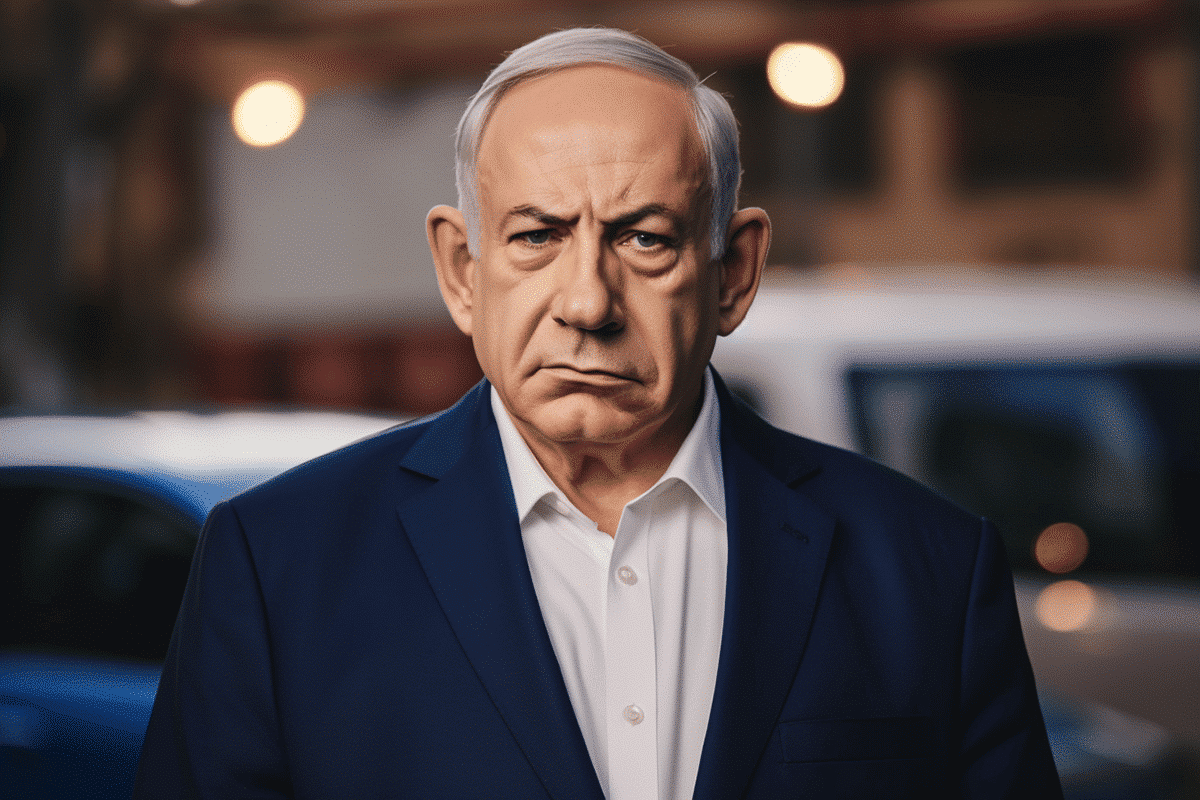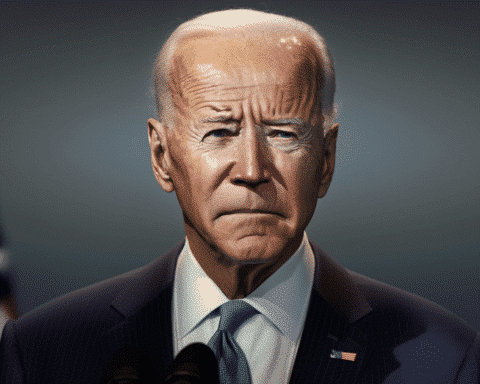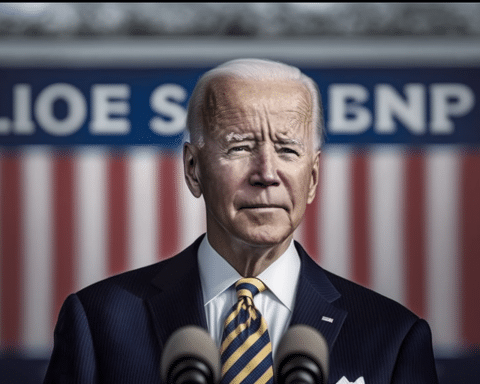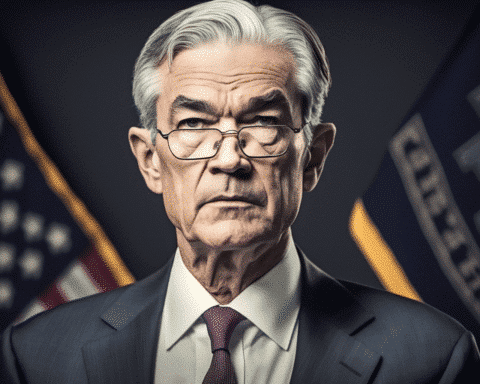On Wednesday, Israeli Prime Minister Benjamin Netanyahu addressed Congress, aiming to strengthen U.S. support for Israel’s ongoing offensive against Hamas in Gaza. The event was marked by significant security measures, with tall steel barriers surrounding the Capitol complex and numerous security officers deployed on foot, bicycle, and with dogs. Overnight, hundreds of protesters, organized by a Jewish group, staged a sit-in at a congressional office building, voicing their opposition to the war in Gaza.
The demonstrations highlighted the growing fissures in American support for Netanyahu’s hard-line policies. Outside the Capitol, large protests were expected over the deaths of more than 39,000 Palestinians and Netanyahu’s failure to secure the release of hostages taken by Hamas during the October 7 attack that sparked the conflict.
Warm Republican Reception
Inside the Capitol, Netanyahu received a warm welcome from Republican lawmakers, who arranged his speech. This appearance made Netanyahu the first foreign leader to address a joint meeting of Congress four times, surpassing Winston Churchill. The event underscored the historically strong bonds between the U.S. and Israel, as well as the significant political weight that support for Israel carries in American politics.
Despite this support, Netanyahu’s visit was also met with notable opposition. Leading Democrats, along with political independent Bernie Sanders, boycotted his appearance. Vice President Kamala Harris, who traditionally would have been present behind the speaking dignitary, was absent due to a long-scheduled trip. Additionally, former House Speaker Nancy Pelosi chose to meet with families of Israeli victims of Hamas instead of attending the address.
Republican Criticism and Democratic Divisions
Republicans seized on the absence of Vice President Harris, interpreting it as a sign of disloyalty to an important ally. However, Trump’s running mate, JD Vance, also planned to miss the speech due to campaign commitments. The political context of the visit was further complicated by recent American political turmoil, including an assassination attempt against Trump and President Biden’s decision not to seek another term.
Netanyahu aimed to project the image of a tough, respected statesman to an increasingly critical domestic audience in Israel. This proved challenging given the wide division among Americans regarding his conduct of the war. Some Democrats who support Israel but criticize Netanyahu viewed the address as a Republican effort to position themselves as the party most loyal to Israel while offering Netanyahu a political lifeline amid low popularity at home.
Strategic Objectives and International Relations
Netanyahu’s visit to the U.S. was his first abroad since the war began and came under the shadow of arrest warrants sought against him by the International Criminal Court over alleged war crimes against Palestinians. The United States does not recognize the ICC, but the warrants added a layer of complexity to Netanyahu’s objectives, which included pressing for the release of hostages held by Hamas, building support for Israel’s battle against the group, and advocating for continued confrontation with Hezbollah in Lebanon and other Iranian-allied groups in the region.
The Biden administration expressed a desire for Netanyahu to focus on helping to complete a deal for a cease-fire and hostage release. Growing numbers of Israelis accused Netanyahu of prolonging the war to avoid a likely fall from power once the conflict ends. Netanyahu, however, emphasized the necessity of continuing the offensive against Hamas and addressing the threat from Hezbollah.
Protests and Political Implications
As Netanyahu delivered his speech, multiple protests were planned in and around the Capitol. The largest demonstration was set for Wednesday morning, with organizers marching around the Capitol demanding Netanyahu’s arrest on war crimes charges. Additionally, relatives of Israeli hostages planned a vigil on the National Mall, emphasizing the human cost of the ongoing conflict.
Netanyahu’s speech also came amidst new developments in Palestinian politics, including a China-brokered deal between Hamas and Fatah to form a unity government. This agreement aimed to resolve longstanding rivalries that could complicate Palestinian governance in Gaza after the war. Israel immediately denounced the pact, while the U.S. State Department reiterated that Hamas should have no role in governing Palestinians. As Netanyahu concluded his visit, the deep divisions within American and Israeli politics remained starkly evident.




